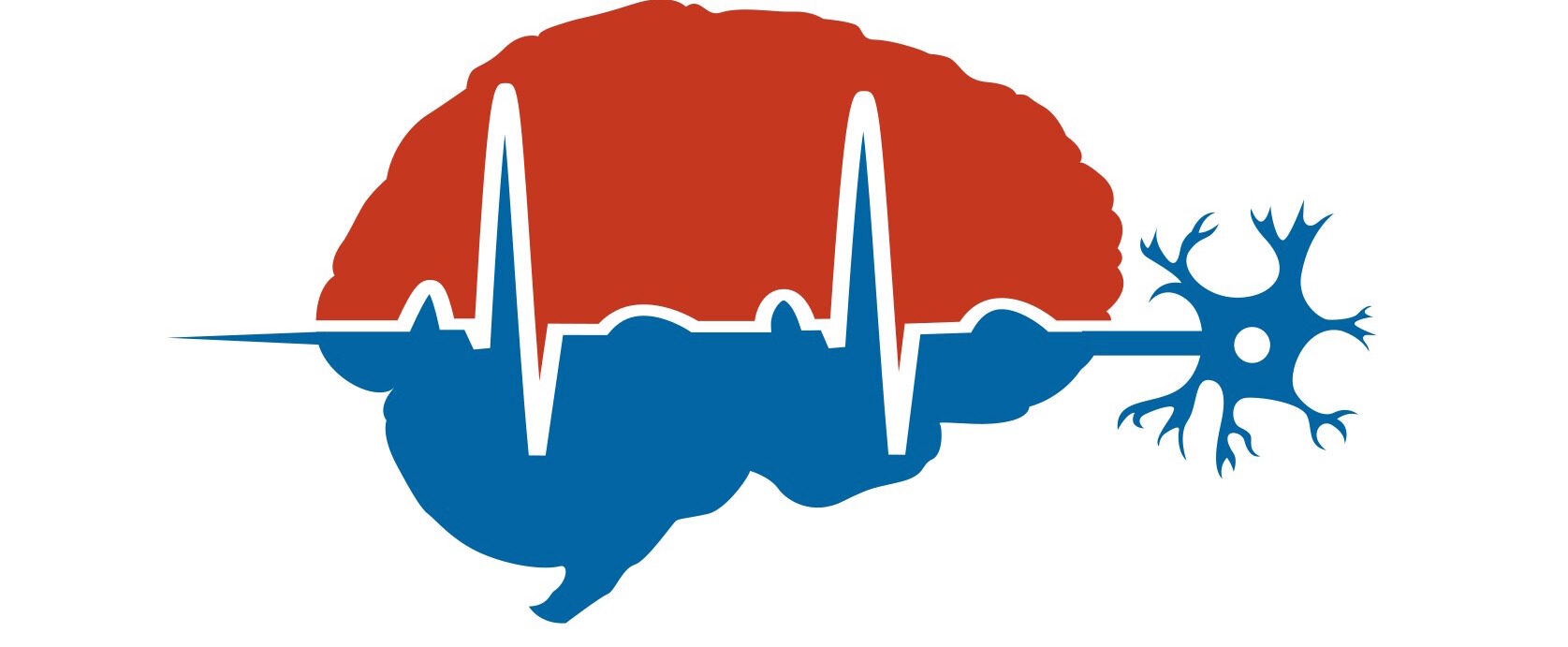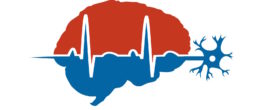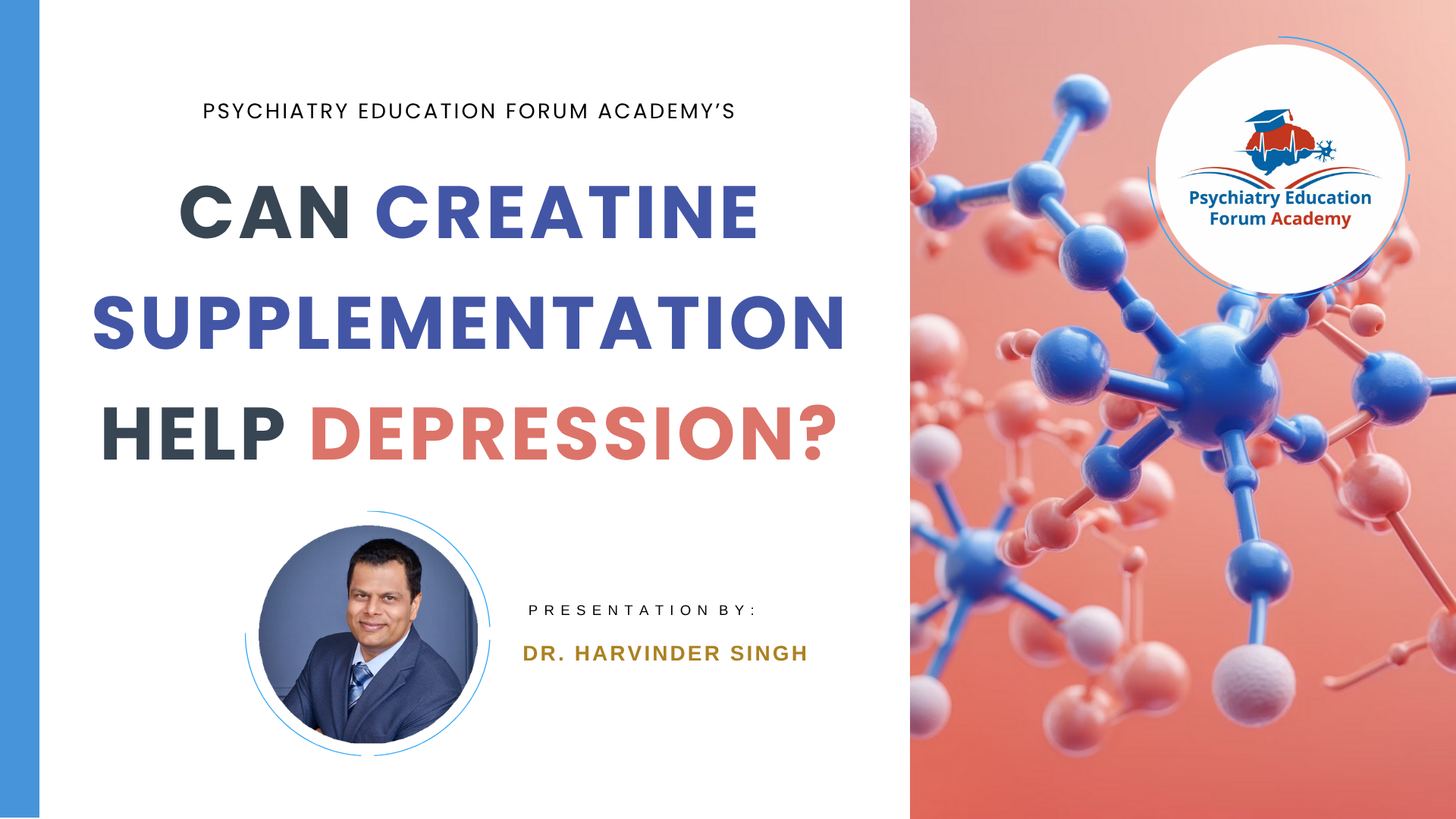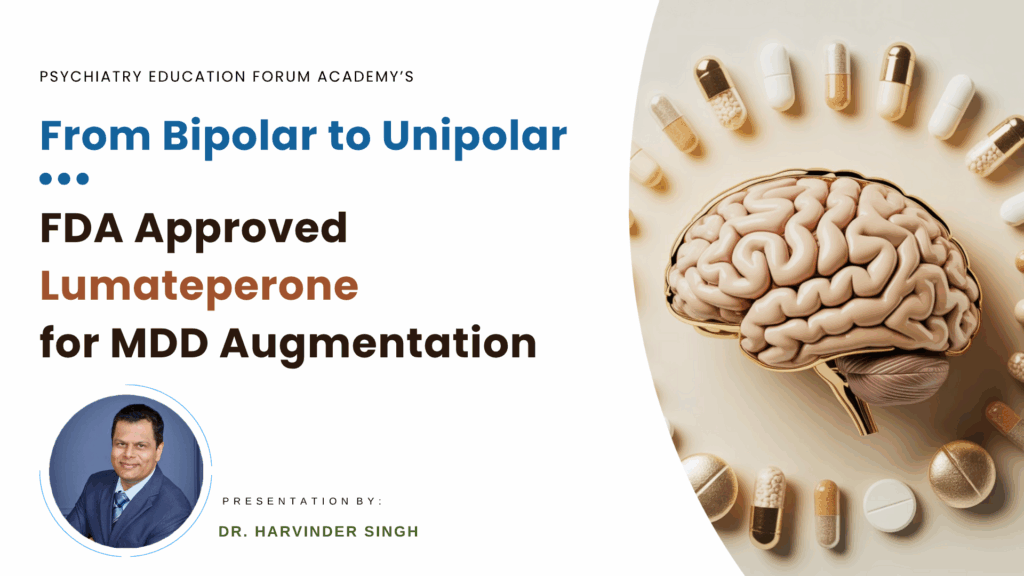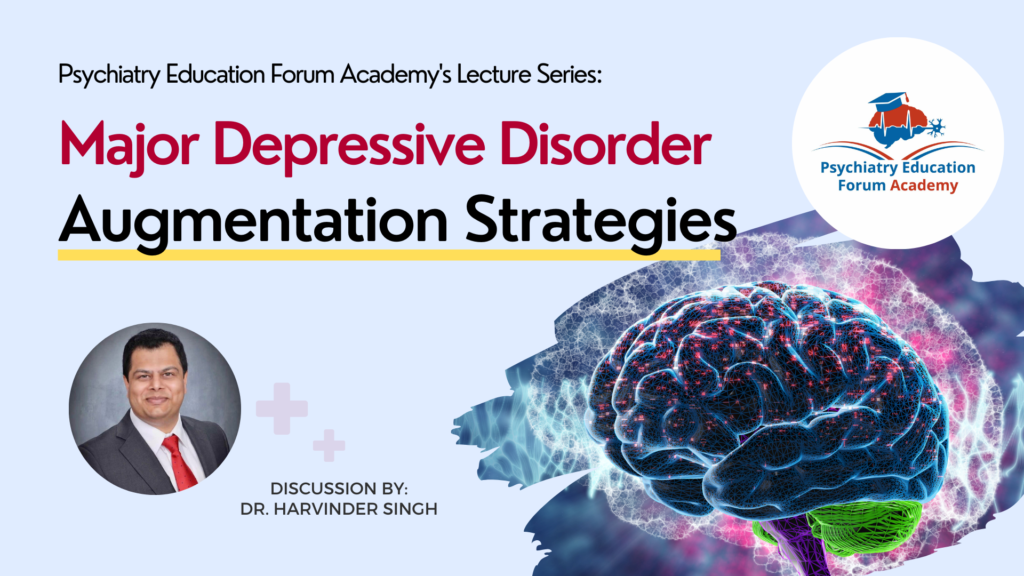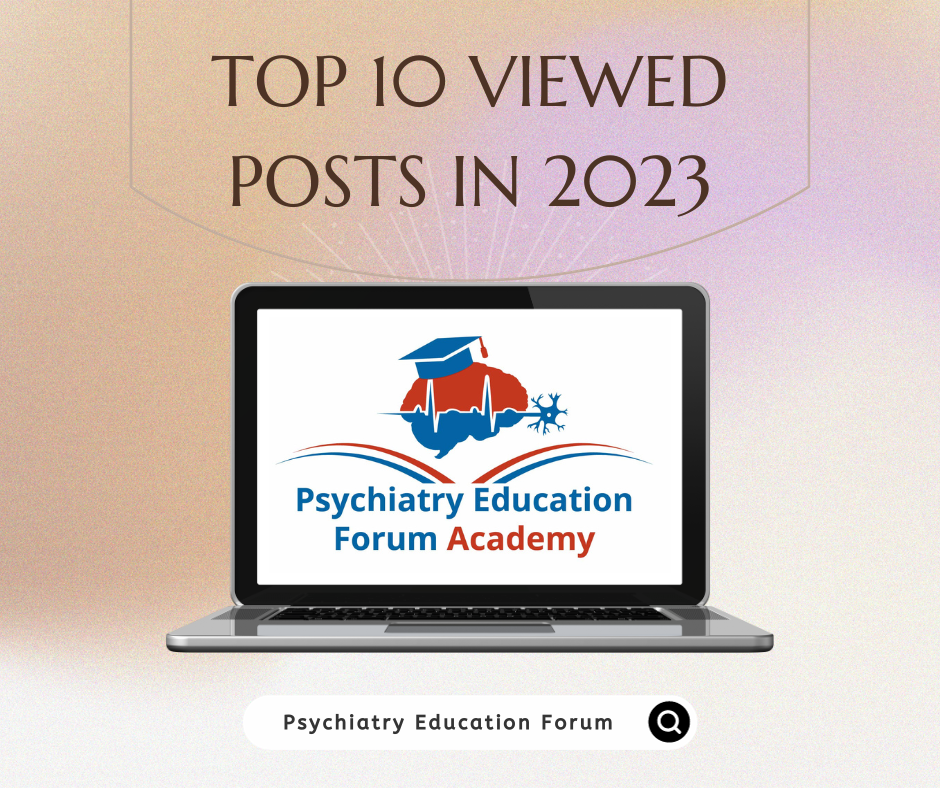Can Creatine Supplementation Help Depression?
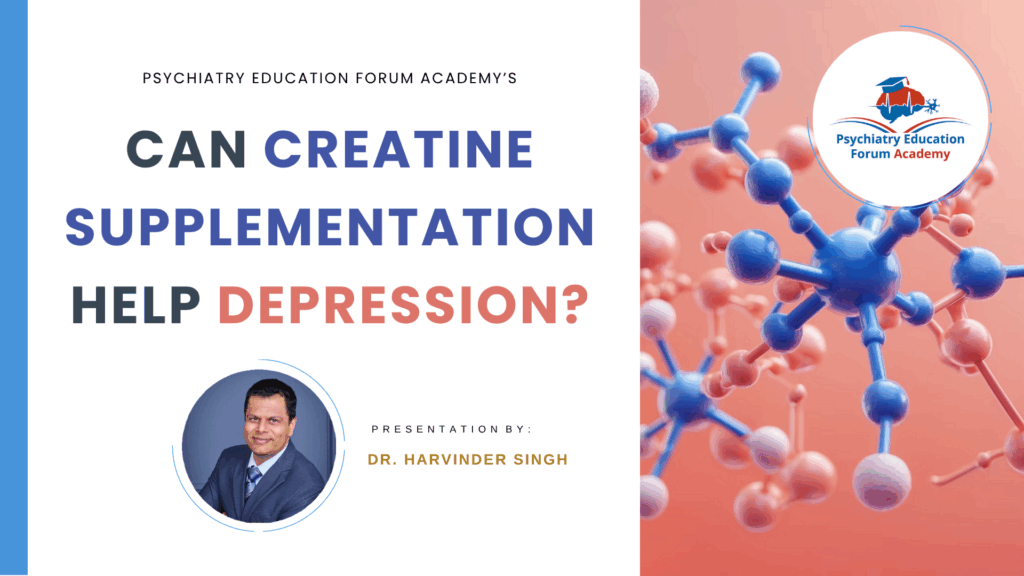
Major Depressive Disorder (MDD) continues to present treatment challenges, with many patients failing to achieve full remission despite standard antidepressant therapies. This has led researchers to explore novel adjunctive strategies—including an unconventional candidate: creatine monohydrate.
Traditionally known for its role in sports performance, creatine also plays a critical role in brain energy metabolism. By boosting phosphocreatine and ATP levels, creatine may help restore cellular bioenergetics, protect neurons, and influence neurotransmitter systems—all of which are central to mood regulation.
Watch the following short clip taken from our academy’s live session done on this topic today. This short video will summarize the major clinical trials and population findings on creatine for MDD.
Landmark RCT (2012, Am J Psychiatry):
In women with MDD, 5 g/day creatine added to escitalopram led to faster response by week 2 and double the remission rates compared to placebo (50% vs. 25%).Creatine + CBT (2025 trial):
Adults receiving creatine along with psychotherapy showed greater PHQ-9 improvement (~5 points more) than placebo, with good tolerability.Adolescents with SSRI-resistant depression:
Open-label trials demonstrated over 50% symptom reduction and increased brain phosphocreatine levels, supporting creatine’s biological effect.Population data (NHANES, 22,000+ adults):
Higher dietary creatine intake was associated with lower prevalence of depression, particularly among women and younger adults
FOR ACADEMY MEMBERS:
Watch the Complete Video Lecture Below:
This chapter has summarized this topic in following sections:
What is Creatine?
Discover how a supplement best known for sports performance could have profound effects on brain energy metabolism and mood regulation.Research Evidence: Role in MDD?
Examine landmark clinical trials, new research in adults and adolescents, and population data linking dietary creatine to reduced depression prevalence.Biological Mechanisms?
Explore how creatine enhances brain energy, protects neurons, influences neurotransmitters, and may work synergistically with established treatments.Safety Profile
Learn about long-term safety data, common side effects, and precautions for special populations.Dosage & Practical Implementation
Understand evidence-based dosing strategies, timelines for clinical improvement, and practical steps for adding creatine to a treatment plan.Drug Interactions
Review current evidence on creatine’s compatibility with SSRIs and other psychiatric medications, and what to monitor when starting supplementation.Ideal Patient Selection
Identify which patient populations are most likely to benefit, including specific subgroups highlighted in research.Guidelines Position
Get clarity on where creatine stands in current clinical recommendations.
We continue to review and summarize clinically relevant research to support your daily practice.
INTERESTED IN ACCESS TO THIS & OTHER CLINICALLY RELEVANT LECTURE SERIES?
JOIN ACADEMY MEMBERSHIP:
This is a closed membership for medical professionals only.
- 400+ Clinically Relevant Chapters: Each chapter within these sections is of direct clinical relevance for your daily practice. (Table of Content)
- Journal Club: we will post the most recently published psychiatry articles relevant to your daily clinical practice. (Read Content)
- Clinical Case Discussion: Dr. Singh (Psychiatry) and Dr. Kaur (Family Medicine) discuss clinical cases to integrate the clinical cases from Psychiatry and Medicine. (Read Content)
- Monthly Insights: Gain access to our monthly sessions featuring the latest on recent publications, new medication approvals, FDA updates, and more. (Monthly Insights)
- Discussion Forum & Community: Connect with other medical professionals and discuss your difficult-to-treat clinical cases. (Academy Network)
- Goal: is to have all important clinically relevant topics in one place for ease of access.
DISCOUNTS AVAILABLE FOR: Residents & Students ONLY.
Email us your student information (program information and way to confirm your student status) to: [email protected]
© 2026 All Rights Reserved.
